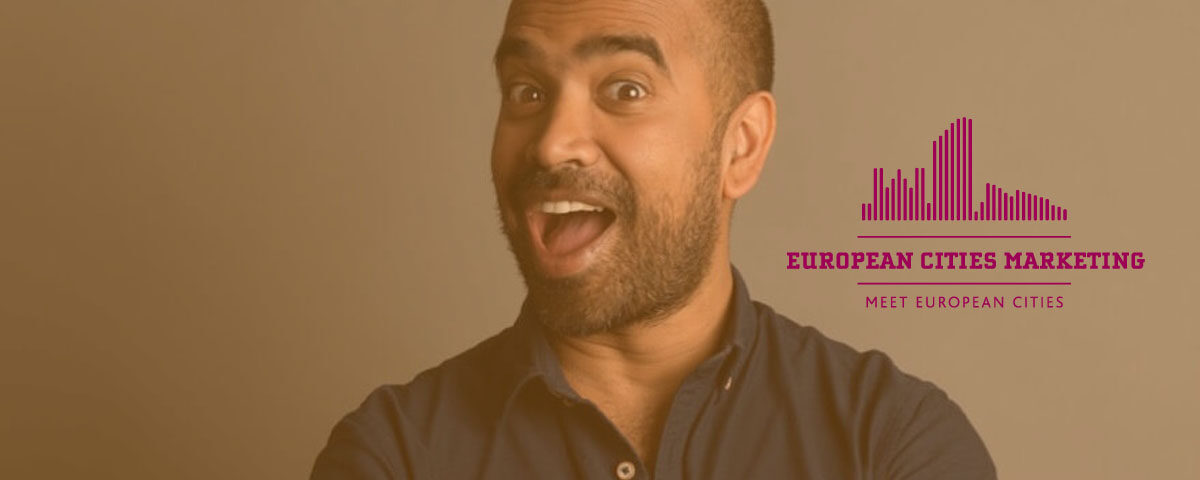Travel influencers can play a critical role in the recovery. We just need to think differently about them

Kash Bhattacharya, Editor of the blog BudgetTraveller.org and founder of AdoptaHostel.com
LONG THINKER PANEL
By Kash Bhattacharya, Editor of the blog BudgetTraveller.org and founder of AdoptaHostel.com
Starved of travel during the pandemic, we’re all consuming more travel content but with a discernible shift: Google Search trends point to post-pandemic tourism growth for Australia. Travel related searches on Pinterest in March jumped more than 100% over the previous year. The boom in virtual tours shows that even though we can’t travel, we want to travel 4 times more. With the tough double act of encouraging travellers to stay at home while keeping them inspired about travelling in the future, travel influencers have become a critical outlet for DMOs to recreate the destination experience inside people’s homes.
The boom in virtual tours shows that even though we can’t travel, we want to travel 4 times more.
We won’t be going back to searching fast tourism clickbait pieces such as “where to travel in Europe”. The rise in search intent for new travel niches such as “social distancing travel holidays” will see information gaps open up and travel influencers will be the first to identify and fill these gaps. More risk averse, often with no home base, once restrictions are lifted, travel influencers will be the first to travel. The real time, first person perspective that an influencer brings will give people an idea of what the new normal of travel looks like and help rebuild confidence. Many of them will have been visiting these destinations for years and built up a huge pool of content and knowledge -tapping into this, will be key to recovery. In Finland, local influencers have been classified as critical actors in society alongside doctors and bus drivers. The Finnish government has even used local influencers during the crisis to disseminate critical information on social media.
First person perspective that an influencer brings will give people an idea of what the new normal of travel looks like and help rebuild confidence.
Maybe it’s time, like Finland, to see travel influencers as critical actors, agents of change and not just another cog in the marketing machine.
Besides rebuilding local tourism confidence, travel influencers can help DMOs to revive their local tourism industry and make it more resilient for the future. Let’s value their creativity and know-how and find other ways to cooperate beyond the traditional press trip, by involving them in workshops for local partners who need help with social media training, or partner with them to create bold initiatives like a new voucher platform to support your local deli shop or hostel? Instead of hiring expensive agencies, let’s partner with influencers who have valuable assets to offer such as high quality photography or video content.
Travel influencers can help DMOs to revive their local tourism industry and make it more resilient for the future.
Travel influencers can be a powerful driving force that helps to shape traveller behaviour in a way that genuinely works for our destinations. Some European cities have relationships with travel influencers that go back over a decade. They are now reaping the rewards of these relationships, as they have a, high quality range and a willing group of creatives who are on hand to help support their cities through to recovery.
***

Kash , better known as the BudgetTraveller.org is the 2016 National Geographic Traveller Blogger of the Year. Author of the brand new ‘The Grand Hostels: Luxury Hostels of the World.’ published by design publisher Gestalten, Kash has revolutionised travel for the stylish, design-led budget-conscious traveller.

AdoptaHostel.com is on a mission to save hostels across the world from the devastating financial effects of the COVID-19 crisis. By purchasing a gift card for a future stay at a hostel of your choice, you can help save an industry that means so much to so many travellers and ensure meaningful travel is accessible for generations to come.